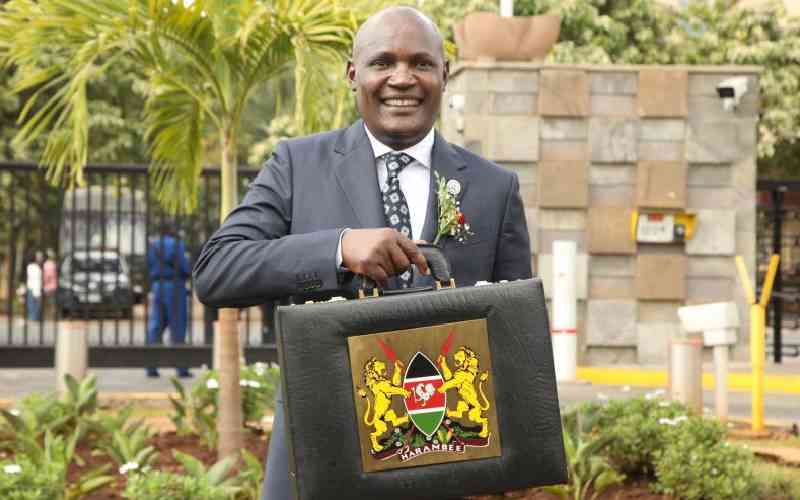×
The Standard e-Paper
Kenya’s Boldest Voice
By Ferdinand Mwongela
All around us, buildings are coming up virtually overnight in an effort to meet an almost 100,000 unit deficit in the local housing sector. The utility aspect — the need to have a roof over one’s head informs most these constructions. In this pursuit, the environment has been losing out but people are now waking to the reality of the effects of environmental degradation and are embracing environment conscious constructions albeit at a slow pace.







